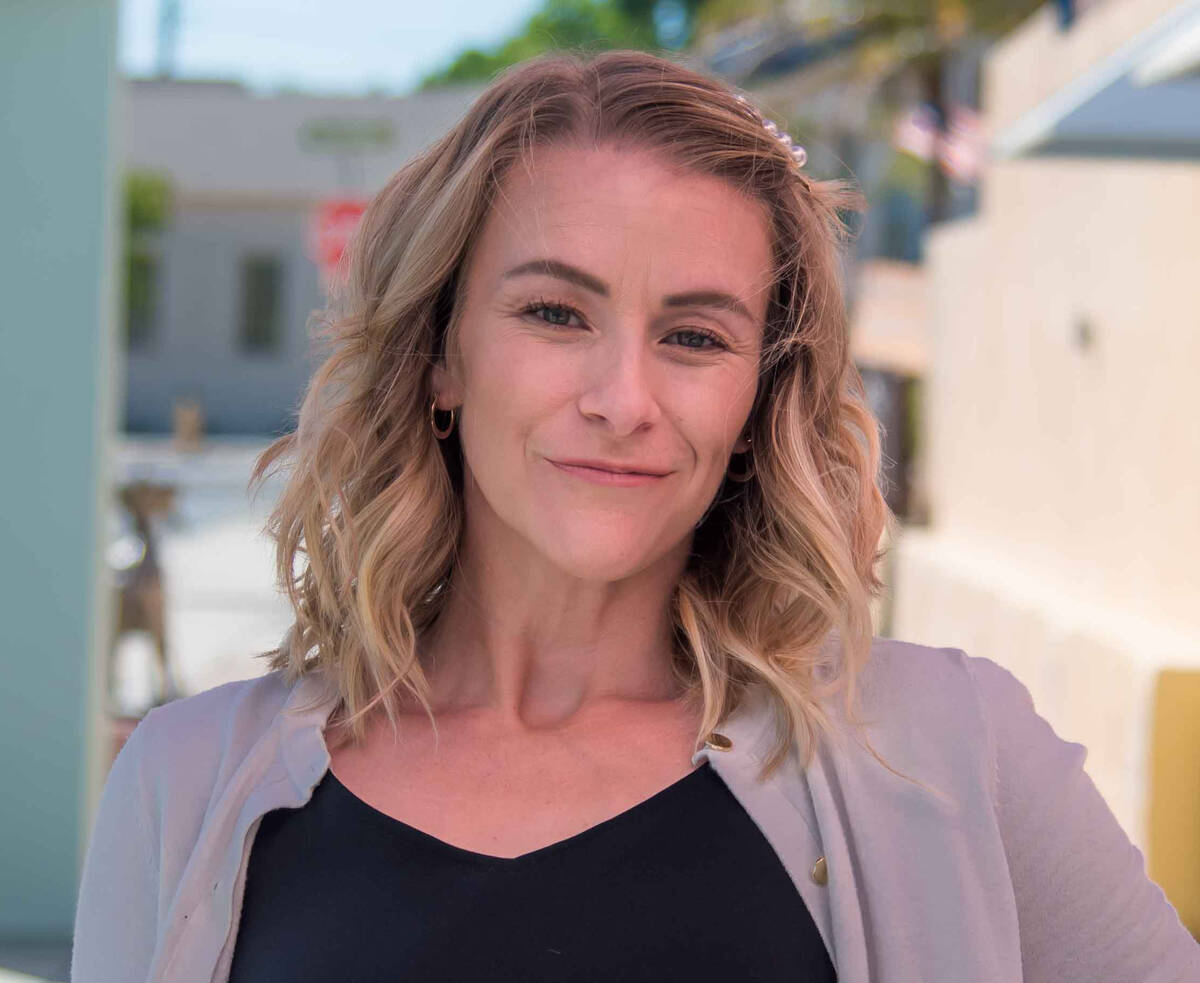Authentic voices needed on TV, in movies
“Atypical,” which airs on Netflix, is a not-terribly-new show, considering there are now four seasons, featuring Sam Gardner, a teen on the autism spectrum. The show begins with Sam, played by Keir Gilchrist, in a session with his therapist. She tells him to open himself up to the possibility of having a relationship.
The next scene opens to family dinner where Sam announces that his therapist wants him to have sex. Then, because of his compulsion to tell the truth, he qualifies that she phrased it differently. It’s a funny enough moment, if not terribly original. Viewers immediately like Sam’s quirky spunk, and feel for him as he unskillfully tries to follow his therapist’s advice.
However, throughout the episode, I found myself cringing at Sam’s representation, which felt like an amplified and stereotypical depiction of a person living with autism, and a contrived backstory of inflated family drama. So, the question becomes: Does “Atypical” represent a positive move toward creating an awareness of ableness for neurotypical members of society, or is there a better way?
Partly problematic is that the show uses the same kinds of tropes that have been around since the eighties, with family shows like “Full House” and “Saved by the Bell,” the only real exclusion being the added grit of discussing sexuality in a family-type show setting and the absence of a laugh track to bolster emotional moments.
We see the older sister playing the role of protector and tough guy, the parents who can’t relate to their son and can’t seem to get their life together enough to have a viable relationship in the midst of the trial of their son’s diagnosis. The ethically gray therapist is seen as a bit bumbling and narcissistic. The co-worker is a sufficiently depraved character to allow the audience a good laugh when paired against Sam’s unwitting chastity.
All of which brings us back to the point of Sam himself. As Sam is exposed again and again to humiliating experiences, portrayed lightly enough to be laughable, it is clear that Sam is not really the object of sympathy. He is the punchline of the jokes. The audience should laugh at Sam wearing headphones on his first date to cancel coffee shop noise that makes it hard for him to focus. When he invites a cute redhead on a date to the parking lot, she laughs at how hilarious Sam is.
The audience can’t help but laugh when Sam throws said adorable redhead off the bed later. That scene ends with her screaming, “What is wrong with you? Is there something wrong with your brain?” The answer should be nothing.
As a viewer though, I was disappointed hearing the words spoken aloud. I was also unsure about the meaning. Obviously, she was mean and bad, but I also thought she was rather set up to fail that test. I went into problem-solving mode and reasoned, “shouldn’t his autism be a leading part of the conversation?” Then I pivoted, always an uncomfortable experience, I recentered my own awareness and corrected with the idea that, “why should someone who is non-neurotypical have to announce a disability to receive compassion?”
I think it’s a really important question to ask viewers, but without creating a concrete line as to who Sam is, the show fails to effectively navigate that conflict by creating solid guidance. Instead, it places responsibility for real understanding back into the lap of people already living with autism.
Finally, one of the biggest points of conflict with the first season of “Atypical” has been the complete lack of autistic representation among the cast and crew. It should be noted that the show has done much to change that initial failing in representation since the first season, and has been nominated for Satellite and Peabody awards since.
I am not sure whether watching further seasons will warrant my attention. I think I would probably skip the remainder of the first and skip to subsequent seasons if I did. But I think the most important take-away for me, is how important the recentering process is. To really think about the underlying messages and hold entertainment companies to account in providing authentic voices at every level of creation.
The opinions expressed above belong solely to the author and do not represent the views of the Boulder City Review. They have been edited solely for grammar, spelling and style, and have not been checked for accuracy of the viewpoints.
Alycia Calvert is a longtime Boulder City resident. She has lived here with her husband and children for the past 15 years. She will graduate with her Master of Fine Arts in May, and is excited to get more time for writing. She loves hiking, biking, kayaking, supporting Boulder City’s small business community and thinking weird wandering thoughts.







